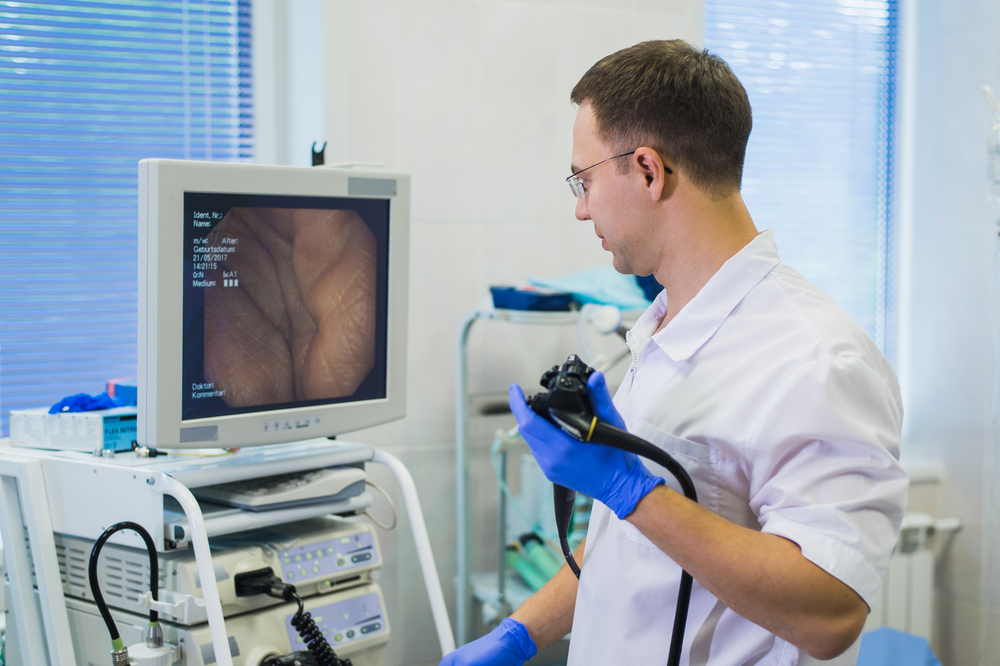Is It Time to Get a Colonoscopy?

September is Prostate Cancer Awareness Month: Wear Your Blue!
September 26, 2017
3 Reasons You Should Opt for Surgery Over the Holidays Rather Than Putting It Off
December 4, 2017Is It Time to Get a Colonoscopy?

Is it time for a colonoscopy?
Just the word “Colonoscopy” inspires dread in millions of people. Even if you don’t know anything about it, you shudder at the thought. You’ve probably heard horror stories about the whole process from the laxative you have to take the night before to the *ahem* actual procedure. It’s certainly the fodder of many standup comics, and has been for years. Regardless of how you feel right now, colonoscopies are still a necessary procedure for a certain subset of people.
Hopefully, by the time you’re finished reading this blog, some of your fears will subside.
Why Check Your Colon?
The answer is simple: Colorectal Cancer. It’s a cancer that starts in the rectum, and the best way to test for it is to get in there and take a look. Pretty straightforward.
According to the American Cancer Society, 135,430 people will be diagnosed with colorectal cancer in 2017 and 50,260 people will die of complications due to colorectal cancer. These numbers are sobering.
The symptoms of colorectal cancer involve how your bowels move — or don’t move. If you are experiencing persistent diarrhea, constipation, unsatisfying bowel movements (feeling like you didn’t get everything “out”), or persistent cramps or gas, it’s time to get checked.
Wouldn’t you rather know? After all, the survival rate is 90% if caught early.
What Is the Actual Procedure?
To prepare for a colonoscopy, the patient needs a clean colon. So, the patient is required to drink a powerful laxative the night before the procedure and refrain from eating or drinking.
During a colonoscopy, the doctor inserts a flexible, hollow tube with a camera attached directly into the patient’s rectum. Most of the time, the patient will be sedated. The doctor uses the camera to take pictures of the colon to look for polyps that can be early signs of colon or rectal cancer. If the doctor finds polyps, he can remove them during the examination.
When Should You Have Your First Colonoscopy?
Most doctors suggest that you get your first colonoscopy at the age of 50. Your doctor may suggest you get a colonoscopy earlier if you have a relative who has had colorectal cancer. African Americans are more susceptible to the disease, so if you are an African American, your doctor could ask you to undergo to the procedure before the age of the 50. After your first colonoscopy, if everything comes back ok, you don’t have to have another for ten years. That’s a relief, right?
Are There Other Options?
The colonoscopy is the best test available for diagnosing colon cancer in its early stages, but there are other tests out there. If your fear of the procedure is overwhelming or you have other reasons you cannot have this procedure performed ask your doctor about these tests:
Fecal Occult Blood
Fecal Immunochemical Test
CT Colonography X-Ray
Sigmoidoscopy
Ready to schedule your screening? Call Outpatient Services East at 205-838-3888 to schedule a consultation. We are happy to help in any way we can.

